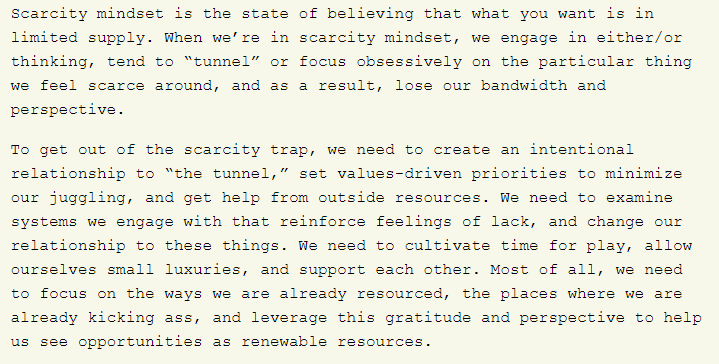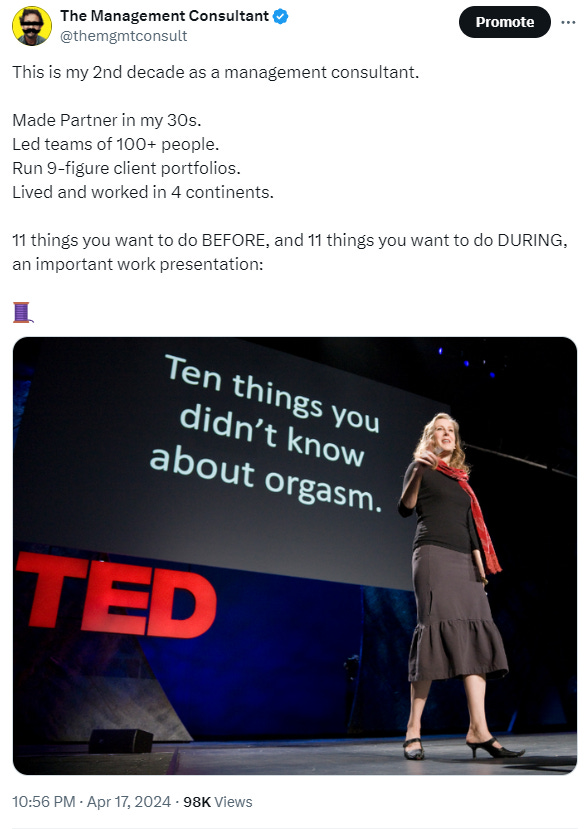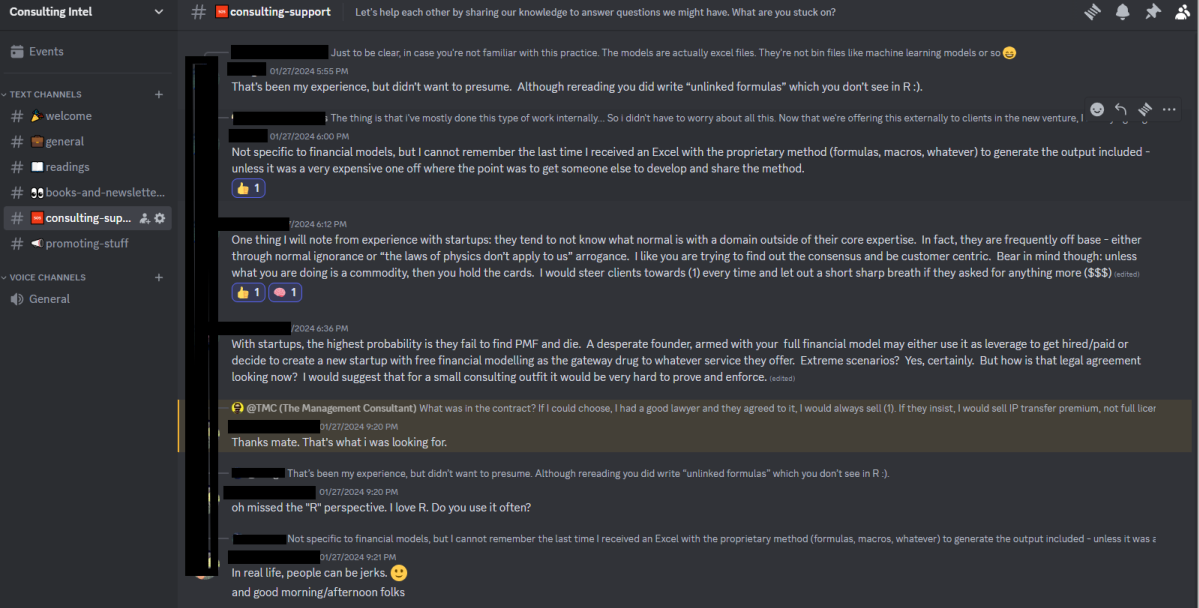Advance is easy, but retreat is difficult
When to strategically step back to propel your career forward
Hello to the 1,595 subscribers who read Consulting Intel!
It’s no secret among my friends and colleagues that I’m an avid football fan (or soccer, as some of you call it).
Despite what many might consider my advanced age, I still actively play as a left winger in a local competition, and I love it.
There’s a strategic element in football that often mirrors life itself.
Sometimes, the best way to create a goal-scoring opportunity is to pass the ball backward.
When the path ahead is blocked, a backward pass to a defender can set up a new, more promising line of attack.

This concept of a strategic retreat applies to our careers, just with a tad more complexity.
Consider the decision to change industries or move to a new country.
Both of these can feel like taking a step back, especially if the decision involves starting in a more junior position, in a different organization/sector, or rebuilding your professional network from scratch in a new geography.
These decisions can become particularly hard because not at all points in your life will you have a financial safety net or be responsible for only your well-being: you might have old parents or a young family that depend on you.
These are some of the factors you might need to consider, yet, such moves can set the stage for greater long-term success, and provide broader opportunities for your career and a secure future for your family.
Years ago, in Sydney, Australia, I met a woman in her 30s who shared with me an impactful story about her family.
Born in Romania, she moved to Australia with her parents when she was just 5 years old to flee the communist government of Ceaușescu.
Her father, a successful lawyer in Romania, couldn’t practice law in Australia because his degree wasn’t recognized there, so he drove a taxi instead - a job he held for about 40 years.
While seemingly a step back, this decision gave his family a far better life than they might have had in communist Romania.
In his latest memo, Howard Marks likened such career choices (and certain investment decisions) to a chess game.
Marks mentions the chess grandmaster Maurice Ashley, who breaks down how a few chess moves, in order to create weakness in the opponent’s position, require sacrificing pieces, from pawns to queens.
Only by doing that, you can gain strategic advantages such as controlling more space.
At times in your life, you need to sacrifice something significant to execute a broader vision.
The idea is to take calculated risks, minimizing potential losses while maximizing potential gains. Of course, it’s not an easy balance to achieve, because everybody else around you is trying to accomplish the same outcome.
What I did felt uncomfortable at first, but paid off
When I moved from Italy to the UK, I faced what appeared to be an immediate downgrade in my living conditions and financial stability.
In Italy, I lived comfortably in a nice apartment, enjoying regular dinners and drinks and even saving a few bucks (or euros) at the end of the month.
In contrast, as I explained in this post on 𝕏, my initial living situation in the UK was far less glamorous: I found myself in a small basement flat (marketed as a “garden flat” to make it look more appealing…), sharing a one-bedroom with a colleague. Financially, things were tighter, the social outings were fewer, and I saved nothing each month.
However, this move proved to be the best decision of my career.
Not only was I able to learn English - opening up a world of opportunities - but I positioned myself in a country with a far more promising economic trajectory.
Eventually, this led to compensation and career outcomes that I could never have achieved had I stayed in Italy.
My experiences based on risking short-term upward mobility in favor of taking a step back (in the name of learning and adventure) underline the most fundamental point about career planning: it’s often a long game, built on decades, not months.
We are living in historic times.
As much as I would love to tell my grandkids about how we as a society pulled through, no one would blame you if right now you are struggling to move toward your version of forward. Many are barely surviving the evolving nature of new stagnance.
The answer many times is like that Bob Dylan song, blowing in the wind.
We can’t control the wind, but we can study it.
We can’t control macroeconomic factors that shape our world (because, remember: it’s always easier to macro-bullshit than to micro-bullshit), but we can study their effects on our career and personal lives and try to make the best of it.
At times, this might mean taking a step back to gain a better running start.
As you think about your career trajectory, consider what steps back might actually propel you forward - like a slingshot, if you may.
What sacrifices could potentially open up new avenues for growth?
It’s a challenging and uncomfortable question, but the answer could truly redefine the path to your success.
I encourage you to reflect on what moves you might make now that could seem like a retreat but could launch you toward more incredible achievements later.
What are they?
I would love to hear your stories.
Reach out to me by e-mail, Discord, or X, or just comment below. I read all my emails and reply to every comment or DM.
✍ The Management Consultant
PS: If you like this newsletter, I have one huge favor to ask.
Share it around with friends, family and colleagues.
This is the most effective way to support me (…and to keep me motivated to continue writing 😁).
Thank you 👇👇👇
🎯 INTERESTING SH*T
A few things I found on the internet that you may like…
You need to think small to win big.
A few notes on scarcity mindset (read the whole article, it’s pretty good):
Did you see my thread on what to do BEFORE and DURING an important presentation?
🚨 SPONSORSHIP
Consulting Intel is read by more than 1,500 consultants globally.
The readers include management consultants from McKinsey, BCG, Bain, Deloitte, EY, EY-Parthenon, KPMG, PwC, Accenture, Oliver Wyman, PA Consulting, and various boutique consultancies worldwide.
Many corporate employees and independent consultants are regular readers of Consulting Intel.
If you think your products or services could resonate with this audience, get in touch!
👀 JOIN THE DISCORD SERVER
If you like this newsletter, you will love our Discord Server.
In there, you will find a tight-knit community of more than 80 management consultants from all over the world discussing real-life challenges, giving each other support and recommending the good stuff to keep our knowledge top notch.









